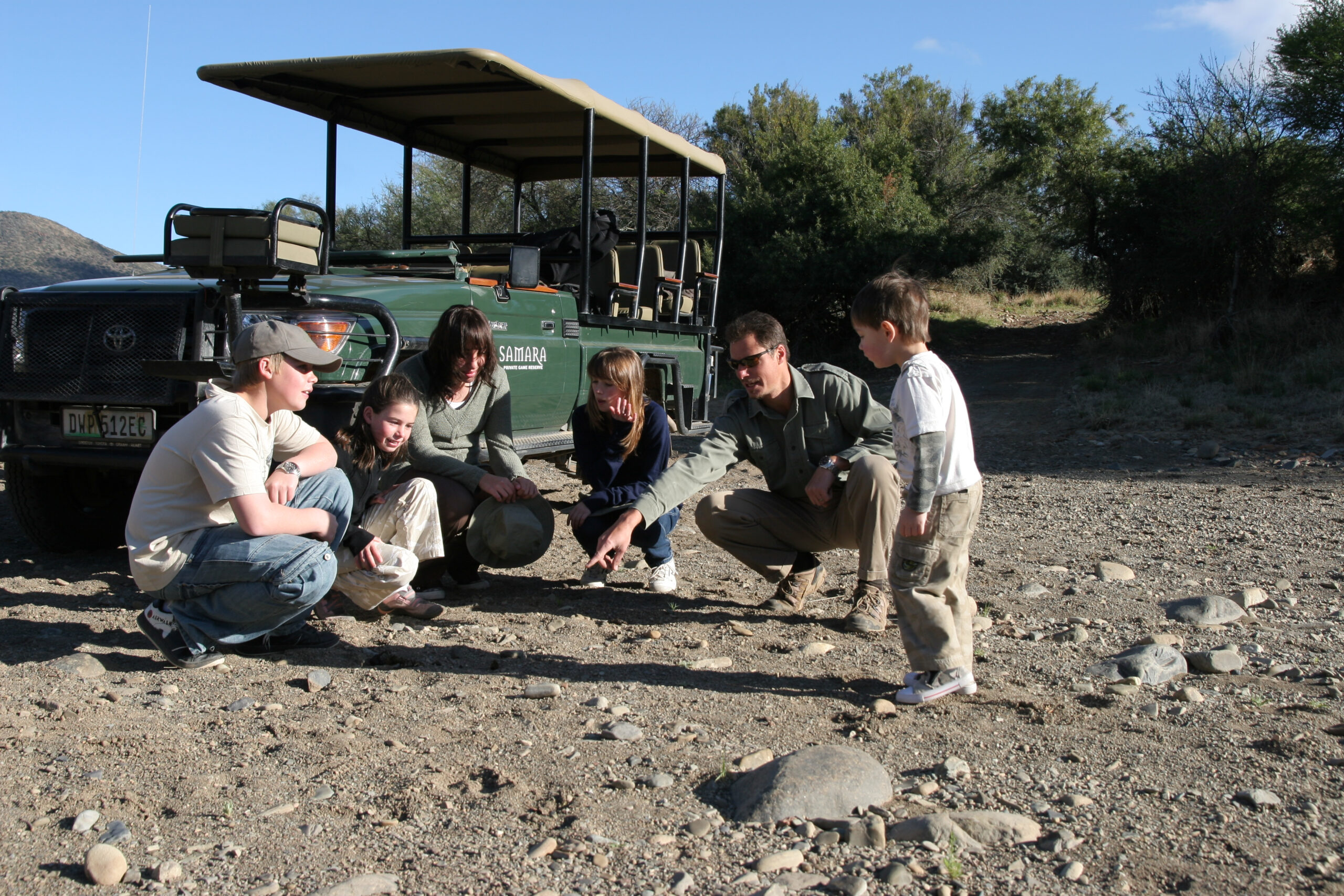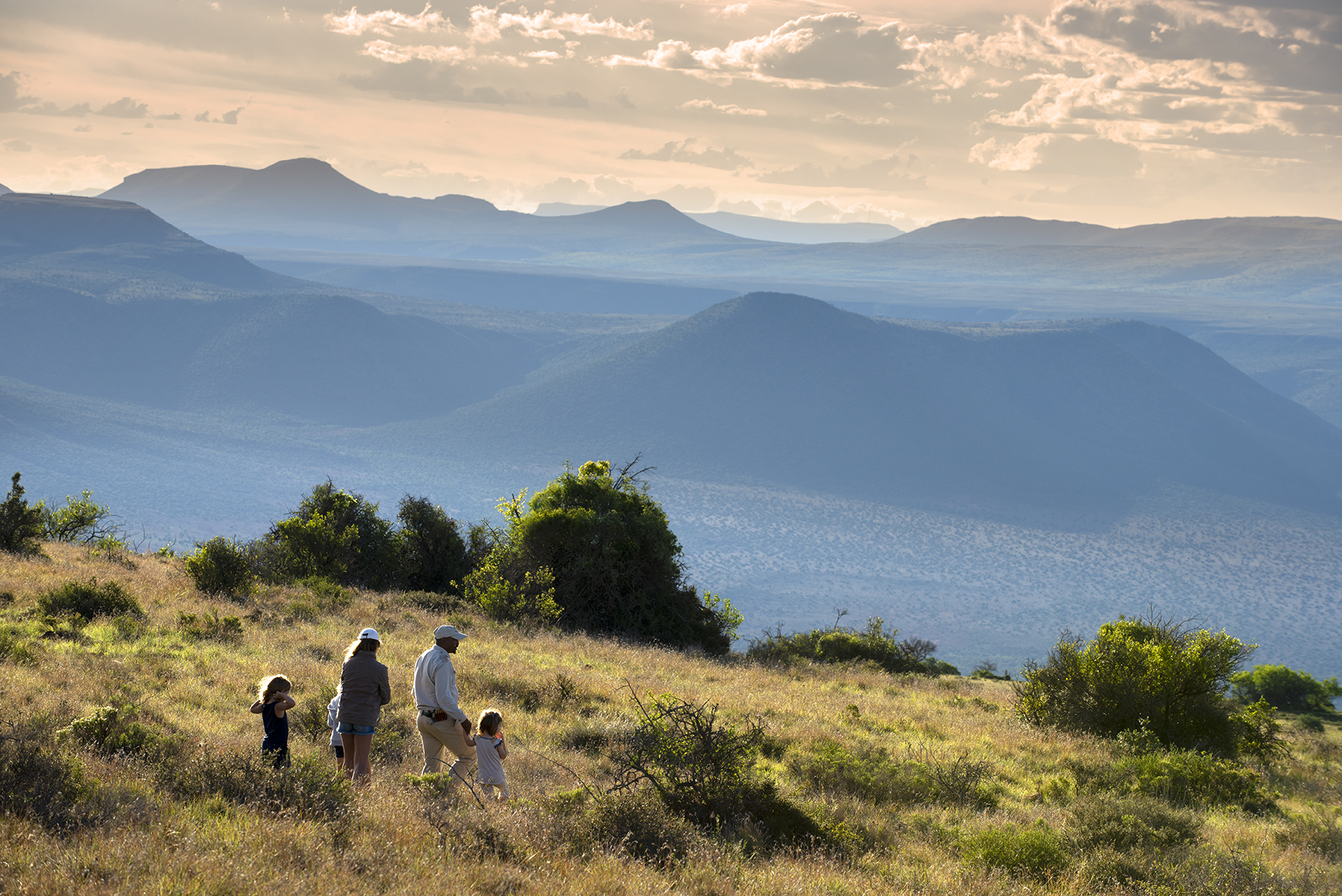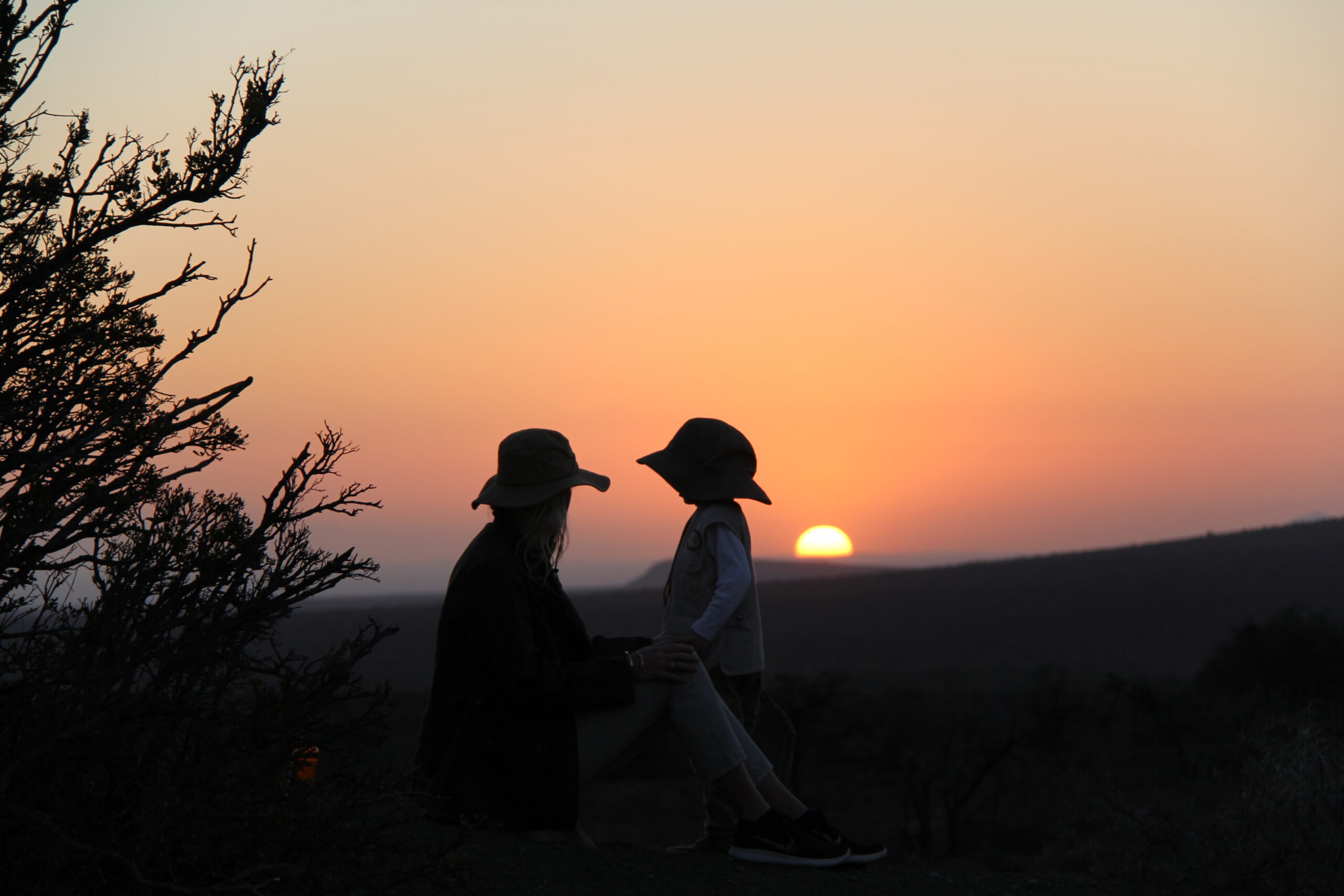Issue 115 - December 2024
Rolex Celebrates our Planet’s Poles, Mountains and Forest

From equipping the first adventurers to reach the summit of Mount Everest to promoting discoveries in the Amazon rainforest, Rolex has supported the world’s trailblazing explorers for almost a century.
Today, this network of pioneers is shedding light on the challenges we all face in a changing climate. Spread across the world, the explorers and researchers are showing how fundamentally linked the earth’s myriad landscapes are and how vulnerable they have become. Rolex is committed to supporting this invaluable work, not only for the sake of the planet’s future but also for our own.
The Rolex Perpetual Planet Initiative supports a diverse variety of projects aimed at protecting the planet. It is with this spirit that the company has established key Moments throughout the year, and the Poles, Mountains and Forests Moment is a chance to shine a light on its partners, Testimonees and Rolex Awards Laureates – all pioneers leading the charge in preserving some of the Earth’s most striking yet vulnerable landscapes and those that inhabit them.
Rolex is proud to support and highlight the extraordinary work of its global network of explorers, who are dedicated to protecting our planet, and to recognize them through the Rolex Poles, Mountains and Forests Moment.
THE SKY IS THE LIMIT
With the first triumphant climb to the summit of Mount Everest in 1953, Sir Edmund Hillary and Tenzing Norgay demonstrated to the world that anything is possible. Since then, the farthest reaches of the terrestrial world have all been conquered – but exploration continues to be more crucial than ever. The peaks of the Himalayas, the underground ice caves of Greenland and the depths of the Amazon rainforest still have many secrets to share. By studying under-threat environments, pioneering explorers are alerting us to the fragility of the planet, uncovering the climate change challenges we are facing, and remaining at the forefront of campaigns for protection.

Through the Perpetual Planet Initiative, Rolex is supporting explorers, scientists and conservationists working to preserve our poles, mountains and forests, and their inextricable interconnectedness, across the globe. Among the explorers in this field that Rolex supports is, for example, renowned South African conservationist Steve Boyes. A Perpetual Planet Initiative partner and conservationist, Boyes is documenting Africa’s waterways along what he calls “the Great Spine of Africa”, which includes the Angolan highlands, where he found what is arguably Africa’s largest water source.
GROUNDBREAKING EXPEDITIONS
The work being done to preserve Earth’s natural landscapes still requires bold expeditions that venture to the furthest reaches of our planet to better understand it and therefore protect it.
One of the most significant projects spearheaded by the Rolex Perpetual Planet Initiative and its partner, the National Geographic Society, is a two-year study of one of the earth’s most critical ecosystems: The Amazon.
The National Geographic and Rolex Perpetual Planet Amazon Expedition has seen 7 teams of researchers travel across the Amazon River Basin to evaluate the health of the river basin’s entire water system, all the way from the water source on the Andes to the rushing river mouth at the Atlantic.
With 1,100 tributaries, the system can be considered the lifeblood of our planet. Led by National Geographic Explorers, scientists, storytellers and local community members, the teams are answering critical questions about the impacts of climate change to protect the world’s largest rainforest.
From installing the highest weather station in the tropical Andes to sampling microbes in the waters of deforested areas, the work being done by the teams is crucial in understanding the impact mankind has had on the Amazon and the consequences it will have for us as a worldwide population.

“The National Geographic and Rolex Perpetual Planet Amazon Expedition has brought together people with different specialities, with different research areas, and that made our trip so much richer.” – Angelo Bernardino, Marine Ecologist and National Geographic Explorer.
A GLOBAL LEGACY
Throughout the decades, Rolex’s dedication to protecting our poles, mountains and forests has reached far and wide, supporting 55 expeditions across 28 countries – from the North Pole to the heart of the Amazon.
Rolex Awards for Enterprise Laureate Francesco Sauro led an expedition deep into the unexplored caves located in the Colombian Amazon. Together with a team of scientists and members of the local indigenous Monochoa community, Sauro navigated white-water rapids and dense jungle to reach caves that have not been explored in living memory. Sauro, who also collaborates with the European Space Agency on exploring caves on the Moon, believes that the bacteria they found thriving in the total darkness of the caves could tell us more about the potential existence of extra-terrestrial life: “Underground, without light, in a very quiet environment over very long geological times, with very low nutrients – those are exactly the conditions we would expect to find on the subsurface of Mars,” he explains. “The caves are like a small planet.”
They also offer a living laboratory to which he brings the latest scientific field equipment to analyse both the rocks and the life in their hidden places. “When you go in a cave, you are entering a kind of archive of time, so everything is preserved and you can dig into the past to see how life evolved, how minerals formed, how the climate has changed.” This data is crucial for understanding the Planet’s future climate and its impact on every ecosystem.

Over 8,000 kilometres away lies Mount Logan, the highest mountain in Canada. Due to its altitude and unique weather conditions, it is one of only a handful of places outside the polar regions where the ice does not melt in the summer months, thereby ensuring a long climate record is preserved in the ice. Climate scientist Alison Criscitiello recently led the National Geographic and Rolex Perpetual Planet Mount Logan Expedition, a 10-day expedition to the mountain’s ice-covered plateau 6,000 metres above sea level. Once there, she and her team of world-leading specialists collected ice cores down to 327 metres, a record depth for a high-altitude mountain glacier core, which may contain as much as 30,000 years of climate history. Such data had previously only been collected in the polar regions. Criscitiello’s expedition has expanded this research to more latitudes and, once the ice cores have been analysed and the data collected, will help to paint a more complete picture of the global climate through time.
Almost 100 years on from equipping explorers in the Himalayas, with some of the first trailblazing expeditions of the time, Rolex continues to support and encourage those venturing into the unknown for the sake of our Planet’s uncertain future.
For nearly a century, Rolex has supported pioneering explorers pushing back the boundaries of human endeavour. The company has moved from championing exploration for the sake of discovery to protecting the planet, committing for the long term to support individuals and organizations using science to understand and devise solutions to today’s environmental challenges. This engagement was reinforced with the launch of the Perpetual Planet Initiative in 2019.
ABOUT THE PERPETUAL PLANET INITIATIVE
For nearly a century, Rolex has supported pioneering explorers pushing back the boundaries of human endeavour. The company has moved from championing exploration for the sake of discovery to protecting the planet, committing for the long term to support individuals and organizations using science to understand and devise solutions to today’s environmental challenges.
This engagement was reinforced with the launch of the Perpetual Planet Initiative in 2019, which initially focused on the Rolex Awards for Enterprise, as well as long-standing partnerships with Mission Blue and the National Geographic Society.
The Initiative now has more than 30 other partnerships in an expanding portfolio such as: Cristina Mittermeier and Paul Nicklen; the Under The Pole expeditions; the Monaco Blue Initiative; Coral Gardeners; Rewilding Argentina and Rewilding Chile, offspring organizations of Tompkins Conservation; and many Rolex Award for Enterprise Laureates.
Rolex also supports future generations of explorers, scientists and conservationists through education with scholarships and grants, such as Our World-Underwater Scholarship Society and The Rolex Explorers Club Grants.
Feature Destination
Journeys With Purpose – Visit South Africa

Journeys With Purpose offers immersive conservation and ethical travel experiences. Through private and hosted trips with pioneering conservationists, guests experience rewilding and restoring biodiversity in the wildest corners of the world. Our “Seven Worlds, One Planet” approach is a global curriculum focused on recovering and conserving vibrant landscapes, biodiversity, wildlife and livelihoods across all seven continents.
Issue 115 - December 2024
SEVENSEAS Travel Magazine – December 2024 – Issue 115

National Geographic Explorer Thomas Peschak to Receive 2025 Eliza Scidmore Award for Outstanding Storytelling
Award-winning photographer and National Geographic Explorer Thomas P. Peschak will receive the National Geographic Society’s 2025 Eliza Scidmore Award for Outstanding Storytelling for his long legacy of conservation storytelling at National Geographic and beyond. Read more…
The Changing Face of Little Cayman’s Reefs: One Year on From The Most Extensive Global Coral Bleaching on Record
As part of the Healthy Reefs Programme, the Central Caribbean Marine Institute (CCMI) has been monitoring the reefs of Little Cayman for 26 years. This long-term data set allows CCMI’s researchers to understand trends and changes over time and make informed decisions to protect coral reefs. Read more…
Manta Ray Magic: Witnessing a Feeding Frenzy in the Great Barrier Reef – Photography by Aliya Siddiqi

While working at an island that’s known as “the home of the manta ray,” it’s easy for most of us staff to get jaded at seeing one or two manta rays…per day. Maybe they do a quick cruise past, or maybe a stop at the cleaning station. Read more…
Upstream: The Last Journey of Chum Salmon
Tucked in the northwesternmost corner of the United States is an impressive waterway known as the Puget Sound, a massive body of water formed by saltwater canals reaching into Washington State. Locals will tell you that, in autumn, the rivers come alive with Salmon. Read more…
The Iris Project: Enabling Young People to Protect and Restore Nature
In a world facing unprecedented environmental challenges, young people are stepping up as the change-makers we need. The Iris Project is at the forefront of this movement, shining a light on young people leading the way in protecting and restoring our planet. Read more…
Rolex Celebrates our Planet’s Poles, Mountains and Forest
Today, this network of pioneers is shedding light on the challenges we all face in a changing climate. Spread across the world, the explorers and researchers are showing how fundamentally linked the earth’s myriad landscapes are and how vulnerable they have become. Read more…
Journeys With Purpose – Kids on Safari: Frequently Asked Questions
Being able to experience a truly wild family holiday is a bucket-list adventure for most, but can require a little more forethought when planning. This article, and the expertise of our specialist team, is aimed to take the guesswork out of taking your kids on safari so you can look forward to enjoying a memorable family vacation. Read more…
Journeys With Purpose – Visit South Africa

From the golden beaches of Durban to the vineyards of Stellenbosch and Kruger National Park’s sweeping plains, South Africa offe s a holistic fusion of nature, history and adventure. Spend a week exploring the vibrant capital and venture to the top of Table Mountain for panoramic views, or head to the whale-watching capital of the world Read more…
Journeys With Purpose – Rewilding the Karoo: A Journey Through Samara
Nestled in the heart of South Africa’s Great Karoo, Samara Karoo Reserve offers a testament to the remarkable power of rewilding. This 67,000-hectare landscape once overgrazed and fragmented by farming, now thrives as a haven for biodiversity, blending science, sustainability, and community-driven conservation. Read more…
Oh Buoy! Curtin & NASA Unlock Ocean Secrets from Space
Curtin University has joined forces with NASA, the University of Miami, San José State University and the National Institute of Standards and Technology on a new-generation satellite mission to study the colour of the ocean from space, providing vital information about ocean health and its role in climate regulation. Read more…
Ocean of Threads: A Fusion of Fashion, Art, and Marine Conservation
Larnaka, Cyprus – In an inspired convergence of art, marine environmental awareness, and community engagement, artist Michalis Pantelidis has collaborated with the Department of Fisheries and Marine Research and the Larnaka Tourism Board for the project “Ocean of Threads”. Read more…
Book Suggestion – The Secrets of The Open Sea: A Review of “Into The Great Wide Ocean”
Sönke Johnsen’s “Into the Great Wide Ocean” provides a clear and accessible exploration of the pelagic ocean between the surface and the seafloor. Looking beyond the familiar parts of coastal ecosystems, Johnsen, a professor of biology at Duke University, focuses on the unique challenges and evolutionary adaptations of life in the open sea. Read more…
Dive into Action This Holiday Season: Double the Difference for Coral Reefs
The Reef-World Foundation – international coordinator of the UN Environment Programme’s Green Fins initiative – has been selected to join the Big Give Christmas Challenge. Double your donation to The Reef-World Foundation in the Big Give’s Christmas Challenge. The charity is taking part in the Christmas Challenge to raise £4,000 in just 1 week. Read more…
NOAA Advances Efforts to Identify Aquaculture Opportunity Areas
NOAA Fisheries released two draft programmatic environmental impact statements (PEIS) to support the identification of proposed Aquaculture Opportunity Areas (AOAs) in Southern California and the Gulf of Mexico. The public is invited to review and submit comments on the draft statements from November 22, 2024, through February 20, 2025. Read more…
The International SeaKeepers Society Hosts the Annual Founders Event 2024
The International SeaKeepers Society hosted its Annual Founders Event at the Marriott Harbor Beach Resort & Spa in Fort Lauderdale, Florida during the Fort Lauderdale International Boat Show (FLIBS). Guests celebrated the remarkable achievements of the evening’s honorees, including 2024 SeaKeeper of the Year, Guy Harvey, and 2024 NextGen Awardee, Shireen Rahimi. Read more…
Hope for Right Whales
Researchers have identified four components of hope. The first is setting realistic goals and identifying realistic pathways to achieve them. Mental fortitude in the face of daunting circumstances is needed to achieve goals. The fourth is support from others, fellowship, and teamwork to overcome adversities met along the way. Read more…
New Study Finds Solutions to Whale-Ship Collisions Within Reach

According to the fossil record, cetaceans — whales, dolphins and their relatives — evolved from four-legged land mammals that returned to the oceans beginning some 50 million years ago. Today, their descendants are threatened by a different land-based mammal that has also returned to the sea: humans. Read more…
Time to Normalize Seafood as Part of Our Shared Wildlife
This concept is nothing new, but it is high time we officially normalize it. Years ago in the early 2000s, during a brown bag session at Conservation International, I overheard a comment that caught my attention. These lunchtime sessions, where colleagues shared their work informally, were typically casual, and I was only half-listening. Read more…
SEVENSEAS Weekly Newsletter and Jobs List
Signing up for our free weekly newsletter and jobs list will get you a round-up of upcoming events, webinars, meetings, reports, funding opportunities, photos of the week, and recent postings to the jobs board.
To sign up for free, click here or email us.
Since 2004, SEVENSEAS Media has fostered an informal and non-partisan platform to promote understanding of key issues and challenges while building partnerships across an increasingly diverse group of marine conservation professionals and students.
Our mission is to promote communication and build partnerships across the global marine community and to identify and address gaps in the community’s work. SEVENSEAS Media achieves this through multimedia promotion and partnerships. The community consists of a diverse and growing group of participants, including non-governmental organizations, government agencies, foundations, bilateral and multilateral agencies, fellowship programs, independent consultants, and academia/students.
[xyz-ihs snippet=”Prepared-by-PK”]
Feature Destination
Journeys With Purpose – Kids on Safari: Frequently Asked Questions
Journeys With Purpose offers immersive conservation and ethical travel experiences. Through private and hosted trips with pioneering conservationists, guests experience rewilding and restoring biodiversity in the wildest corners of the world. Our “Seven Worlds, One Planet” approach is a global curriculum focused on recovering and conserving vibrant landscapes, biodiversity, wildlife and livelihoods across all seven continents.
-

 News2 days ago
News2 days agoWheaton Women in Ocean Science Award Now Accepting Applications for 2025
-

 Voices2 weeks ago
Voices2 weeks agoMass Death of Magellanic Penguins Observed at Reserva Provincial Cabo Vírgenes
-

 Book Suggestion2 weeks ago
Book Suggestion2 weeks agoWet and Salty. A Lifelong Journey Seeking Coral Conservation and Resilience.
-

 News2 weeks ago
News2 weeks agoNew Coral Gardens and Hydrothermal Vents Found in the Icy Depths of the Remote South Sandwich Islands
-

 Art & Culture1 week ago
Art & Culture1 week agoAnnouncing the Winners of the 2025 Science Without Borders® Challenge
-

 Feature Destination3 weeks ago
Feature Destination3 weeks agoFeature Destination: The Most Awe-Inspiring National Parks in Latin America
-

 Aquacultures & Fisheries3 weeks ago
Aquacultures & Fisheries3 weeks agoBreathe. Wheel. Flukes Up. Dive. Swim On, Whales!
-

 Ocean Literacy1 month ago
Ocean Literacy1 month agoMicroplastics: From rubbish bins to your next meal


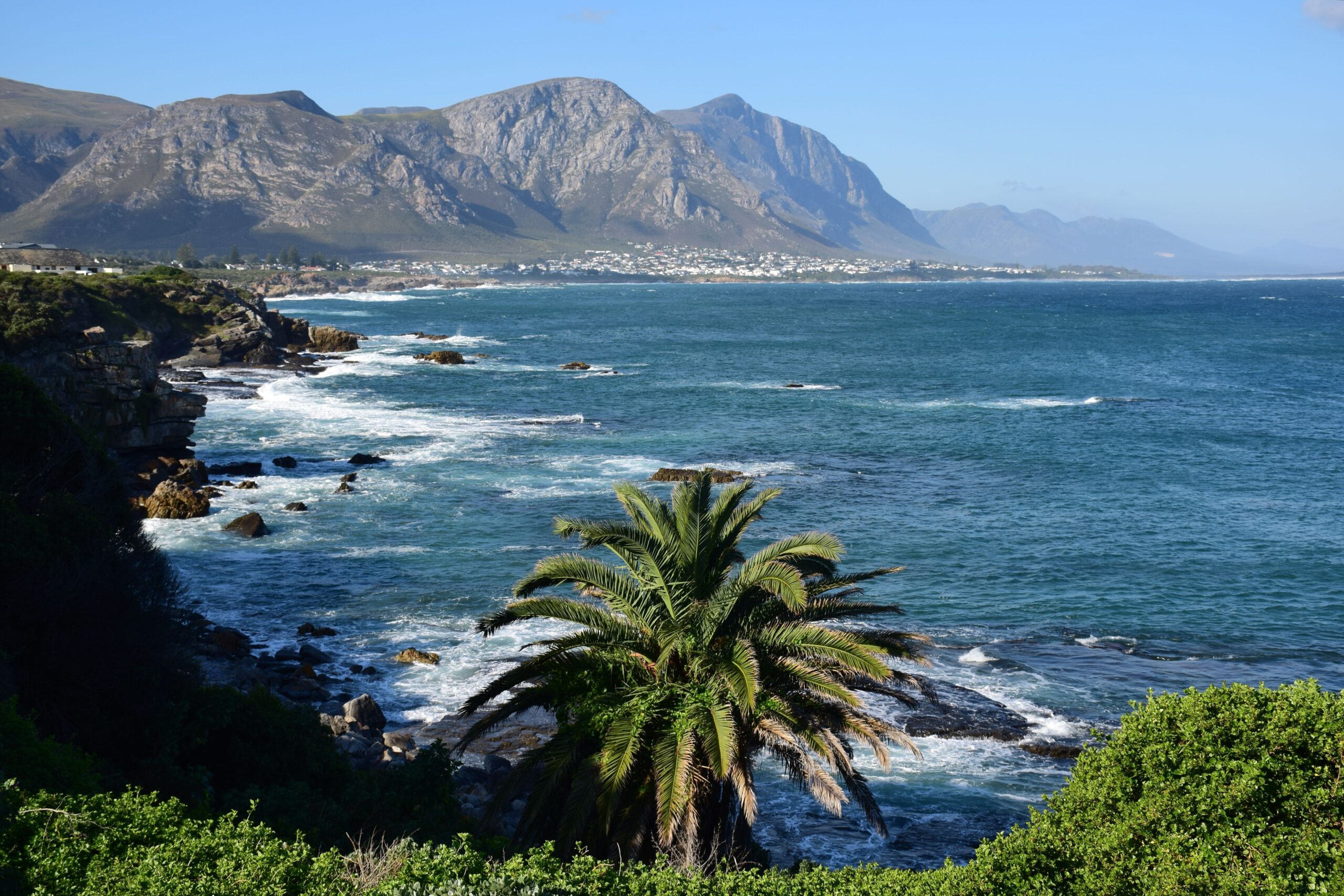
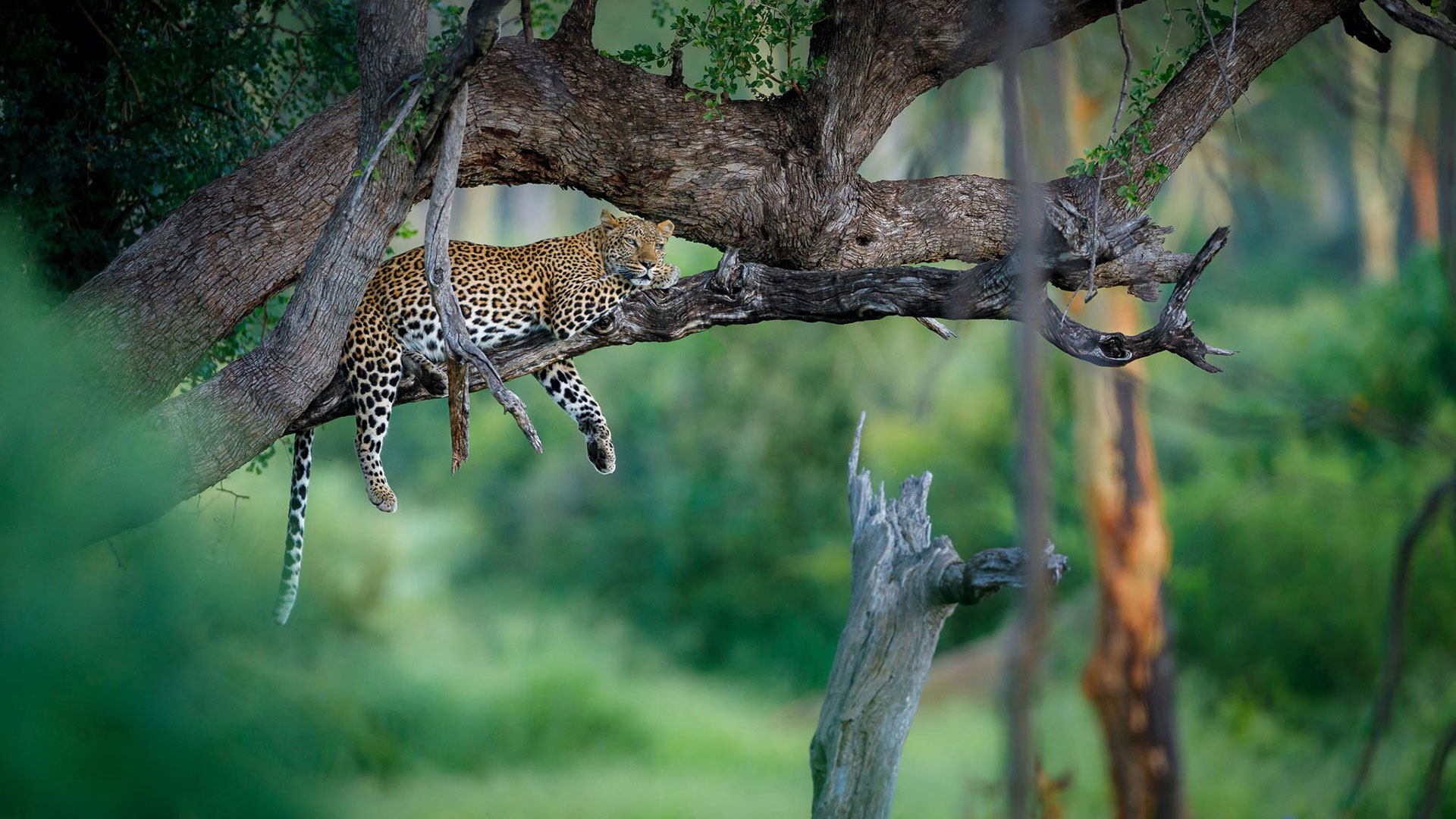
 Mother-daughter team, Sarah and Isabelle Tompkins, are dedicated to protecting the Great Karoo, South Africa, and reintroducing species to their 67,000 acres of restored and protected land, with an aim to expand this protected area to 3 million acres in the near futurel.
Mother-daughter team, Sarah and Isabelle Tompkins, are dedicated to protecting the Great Karoo, South Africa, and reintroducing species to their 67,000 acres of restored and protected land, with an aim to expand this protected area to 3 million acres in the near futurel. Once a thriving, biodiverse ecosystem of grasslands, South Africa’s Great Karoo sadly lost most of its wildlife to farming, fences and firearms. In 1997, Joburg-born Sarah and husband Mark Tompkins began their mission to restore the land to its former glory and founded a private game reserve, Samara Karoo. The Tompkins have since regenerated 67,000 acres of wilderness, and engaged in an ambitious programme of animal reintroduction, including the first wild cheetah back in the region in 125 years, the first elephants in over a century and, most recently, the first lions in 180 years.
Once a thriving, biodiverse ecosystem of grasslands, South Africa’s Great Karoo sadly lost most of its wildlife to farming, fences and firearms. In 1997, Joburg-born Sarah and husband Mark Tompkins began their mission to restore the land to its former glory and founded a private game reserve, Samara Karoo. The Tompkins have since regenerated 67,000 acres of wilderness, and engaged in an ambitious programme of animal reintroduction, including the first wild cheetah back in the region in 125 years, the first elephants in over a century and, most recently, the first lions in 180 years.  Once a thriving, biodiverse ecosystem of grasslands, South Africa’s Great Karoo sadly lost most of its wildlife to farming, fences and firearms. In 1997, Joburg-born Sarah and husband Mark Tompkins began their mission to restore the land to its former glory and founded a private game reserve, Samara Karoo. The Tompkins have since regenerated 67,000 acres of wilderness, and engaged in an ambitious programme of animal reintroduction, including the first wild cheetah back in the region in 125 years, the first elephants in over a century and, most recently, the first lions in 180 years.
Once a thriving, biodiverse ecosystem of grasslands, South Africa’s Great Karoo sadly lost most of its wildlife to farming, fences and firearms. In 1997, Joburg-born Sarah and husband Mark Tompkins began their mission to restore the land to its former glory and founded a private game reserve, Samara Karoo. The Tompkins have since regenerated 67,000 acres of wilderness, and engaged in an ambitious programme of animal reintroduction, including the first wild cheetah back in the region in 125 years, the first elephants in over a century and, most recently, the first lions in 180 years. 

















